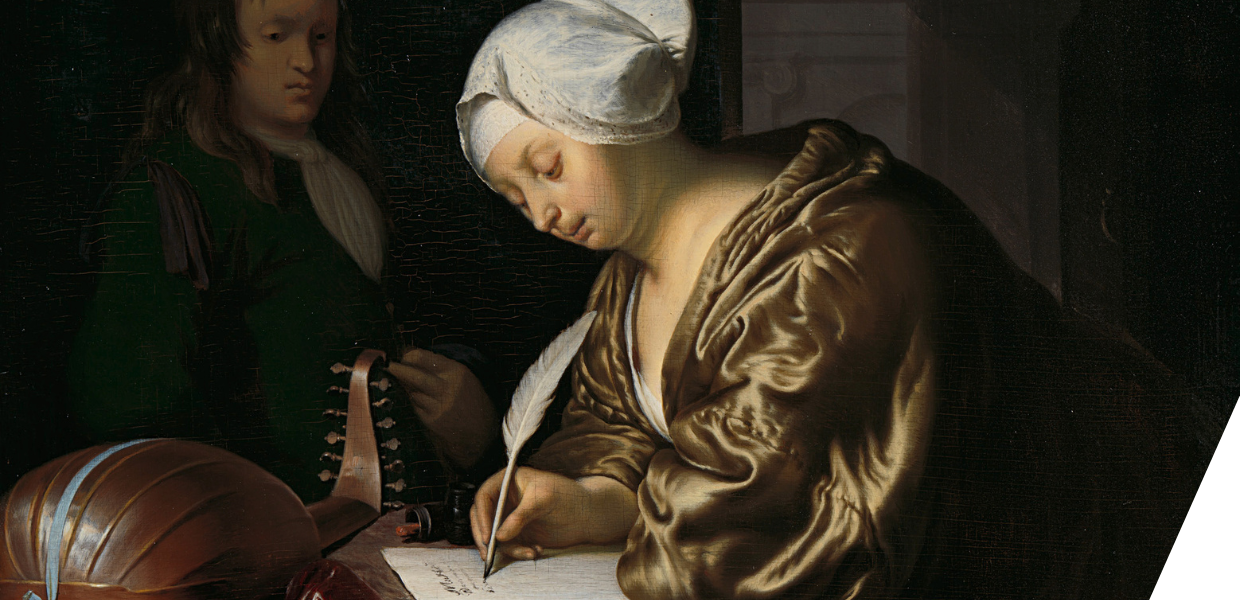What is Historiana?
Almost 10 years ago, EuroClio set out to create an online education platform that could help teachers promote multiperspective history. We aimed to give them access to curated and ready to use transnational source collections, organised around specific themes: Conflict and Cooperation, Ideas and Ideologies, Life and Leisure, People on the Move, Rights and Responsibilities, The Environment, and Work and Technology. It was 2013, and Historiana was born.
Historiana has now evolved into EuroClio’s online alternative to a European history textbook for secondary schools. It is an engaging and interactive platform which seeks to promote critical thinking and multiperspectivity. Most importantly, it is flexible: as history is an ever evolving subject, our digital source collections, modules, and (e)Learning Activities can be easily updated to reflect our new understanding of past events.
Time is of the essence: live sessions to spark inspiration
Every time we develop a new functionality or new content for Historiana, we do it in cooperation with teachers and educators from across Europe. This helps to ensure that they are easy-to-use and useful for students and education professionals in multiple educational contexts.
However, in the field of education and of cultural heritage, time is of the essence: curricula are packed, new exhibitions requiring the development of educational processes approach quickly, and there are only so many hours in a day. Not many educators have the time to explore Historiana to understand how to engage with the platform to develop educational content from scratch.
For this reason, in addition to offering ready-to-use content like Source Collections made with cultural heritage content from Europeana, over the past few years we have decided to offer an increasing number of live events. Formats like webinars, in-person workshops, and co-creation meetings dedicated to cultural heritage institutes help to create a spark and inspire educators on new ways to approach digitised sources.
Making resources available - at all times
We try to plan at least two online and one in-person workshops per year. But what should educators do if they would like to learn about using Historiana at a time when one isn’t planned? We are happy to answer that question by announcing the launch of three Historiana Youtube playlists which can be accessed by educators on demand.
The playlists cover a variety of topics. In the,What is Historiana?, playlists, you will find short animations that walk you through each of the main sections of the platform (Historical Content, Teaching and Learning, the eActivity Builder, and the Search Sources section). This is a great place for educators to start if you are new to Historiana and need an introduction.
The playlist on Historiana Tutorials is the place to go if you are using the platform for the first time, and want to be sure that you know how to make an account, develop eLearning Activites, and share them with your students.
Finally, in the playlist on Teaching with Historiana you can find the recordings of all the webinars we have hosted in the past two years. Each recording lasts around one hours, and focuses on a theme or event (such as, the First World War, the Reformation, or the Rise of Medieval Universities), on a Historiana functionality (such as the Sorting or the Discovery Tools), or on a specific historical thinking skill (Change and Continuity, or Perspective Taking, for example). All the webinars were recorded live, and present practical examples that you can use to develop your own content.
Help us shape the future tools and sources of inspiration
In addition to our playlists, educators can always access our Teacher Training Guide, or reach out to me at alice@euroclio.eu to set up a personalised co-creation meeting. Co-creation meetings bring together cultural heritage institutions and educators from across Europe to engage with high quality visual sources and create educational resources that can help enrich the classroom practice together. Have a look at this recent post to learn more about what this entails.
In September, we will also begin work on three new elements that we will add to Historiana’s resources: a self-paced course on how to develop quality education materials; a guide on ‘the Art of Questioning’, and a series of animations on specific historical concepts (such as multiperspectivity, propaganda, or mass media).
You can stay up to date with Historiana’s work by following the Historiana Facebook Group, or register for the EuroClio Newsletter to receive dedicated Historiana spotlights.


